Search Definitions
Browse Content (p. 35)
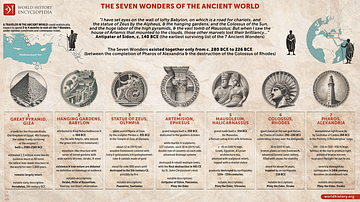
Definition
The Seven Wonders
The Seven Wonders of the Ancient World were seven impressive structures famously listed by ancient writers including Philo of Byzantium, Antipater of Sidon, Diodorus Siculus, Herodotus, Strabo, and Callimachus of Cyrene, among others. The...
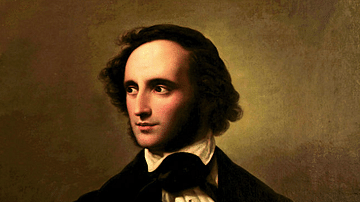
Definition
Felix Mendelssohn
Felix Mendelssohn (1809-1847) was a German composer of Romantic music best known for his symphonies, overtures, concertos, piano pieces, and songs. Amongst his most popular works are his Wedding March from his score for A Midsummer Night's...

Definition
Alexandria, Egypt
Alexandria is a port city on the Mediterranean Sea in northern Egypt founded in 331 BCE by Alexander the Great. It was the site of the Pharos (lighthouse), one of the seven wonders of the ancient world, and the legendary Library of Alexandria...

Definition
War of the Third Coalition
The War of the Third Coalition (1805-1806) was a major European conflict during the Napoleonic Wars (1803-1815). It was fought by an alliance of nations that included the United Kingdom, Russia, Austria, Sweden, Naples, and Sicily, against...
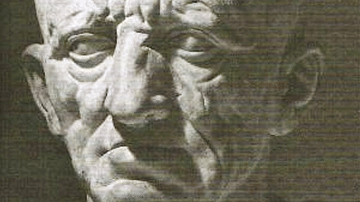
Definition
Cato the Elder
Marcus Porcius Cato, better known as Cato the Censor or Cato the Elder (234-149 BCE), was an influential political figure of the Roman Republic. Serving as quaestor, aedile, praetor, consul, and censor, he championed Roman virtues and detested...
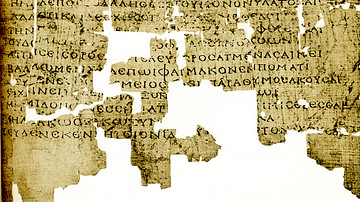
Definition
Callimachus of Cyrene
Callimachus of Cyrene (l. c. 310-c. 240 BCE) was a poet and scholar associated with the Library of Alexandria and best known for his Pinakes ("Tablets"), a bibliographic catalog of Greek literature, his poetry, and his literary aesthetic...
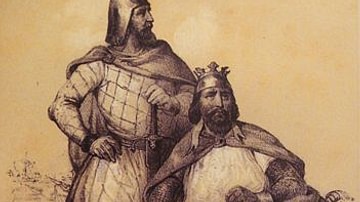
Definition
Roger I of Sicily
Roger I, also known as Roger Bosso (c. 1031-1101) was a Norman knight and adventurer best known for conquering The Emirate of Sicily during the 11th century. His lifelong efforts helped lay the foundations of a wealthy new Mediterranean state...

Definition
Franz Liszt
Franz Liszt (1811-1886) was a Hungarian composer of Romantic Music. Liszt first gained international fame as a piano virtuoso, an activity in which he was a pioneer, and then as a composer of piano works and symphonic poems, a form he created...
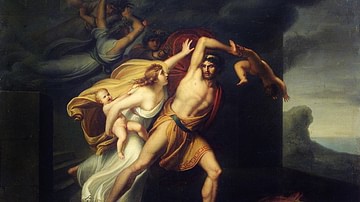
Definition
Ino
Ino is a princess of Thebes and the wife of King Athamas of Boeotia in Greek mythology. She helped to raise Dionysos, the god of wine, but the most famous myth associated with her is her descent into madness and the tragic fate of her family...
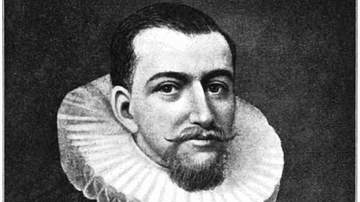
Definition
Henry Hudson
Henry Hudson (c. 1570-1611) was an English navigator and maritime explorer. He is known for his four voyages between 1607 and 1610 in search of a northwest passage via the Arctic Ocean to the Far East. The lure of a northwest passage became...